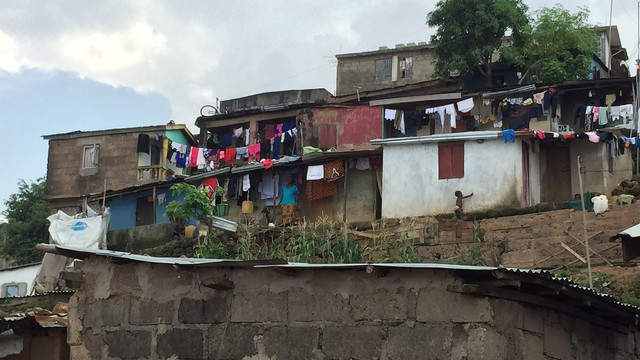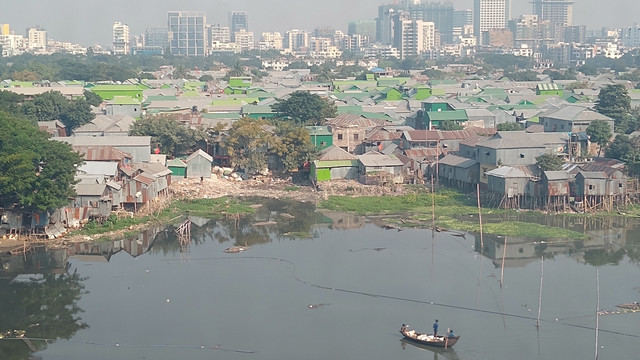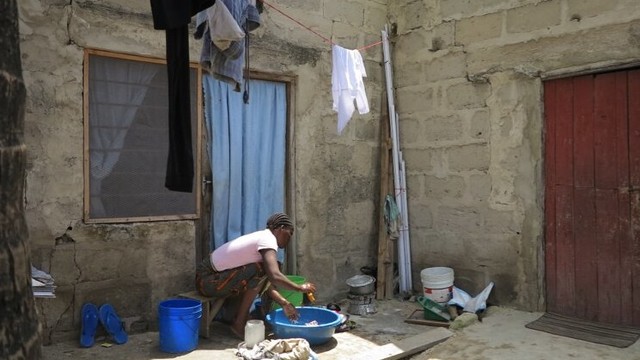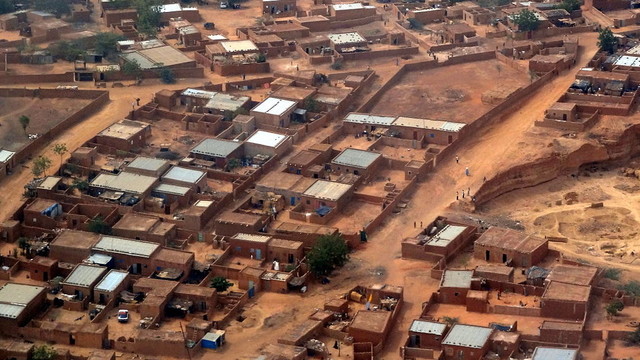Tomorrow’s cities: reducing disaster risk for the poor
Through the urban disaster risk hub, IIED is working with partners to help cities in low-and-middle income countries transition from crisis management to multi-hazard, risk-informed planning and decision making.

As part of the Tomorrow's Cities project, IIED is working in particular in Nairobi (Photo: Ben Cappellacci, via Flickr, CC BY 2.0)
Globally, more than two billion people living in cities in low-to-middle income countries are exposed to multiple hazards – such as floods, earthquakes, landslides, volcanoes and fires – that threaten their lives and livelihoods. And as urban areas continue to expand, this number is expected to double by 2050.
Failure to integrate multi-hazard disaster risk into urban planning and decision making is an important barrier to sustainable development and the single greatest global challenge: eradicating poverty in all its forms.
But with around 60% of the area we expect to be urban by 2030 yet to be built, this challenge comes with a huge opportunity. We can reduce disaster risk in tomorrow’s cities by design.
What is IIED doing?
IIED is working within the Tomorrow’s Cities interdisciplinary research hub to integrate issues of poverty, informality and risk across the four hub cities – Istanbul, Kathmandu, Nairobi and Quito.
In Nairobi, we are helping to design and analyse research that will build an understanding of the political and cultural processes that lead to and reduce risk by upgrading the city’s informal settlements.
We are also supporting the institutional analysis of global frameworks for urban resilience and risk reduction, to build understanding of how these are shaping risk across the four cities in the hub.
- Follow Tomorrow's cities on Twitter: @UrbanRiskHub
Additional resources
Publications on the Tomorrow’s Cities website
News: UK government cuts to overseas development assistance: Tomorrow’s Cities responses (April 2021)
News: Stakeholder engagement to reduce multi-hazard risk in Tomorrow’s Cities: multi-scale and relational engagement for impact (March 2021)
News: COVID-19 shows why Kenya needs to move from emergency response to integrated risk preparedness (December 2020)



